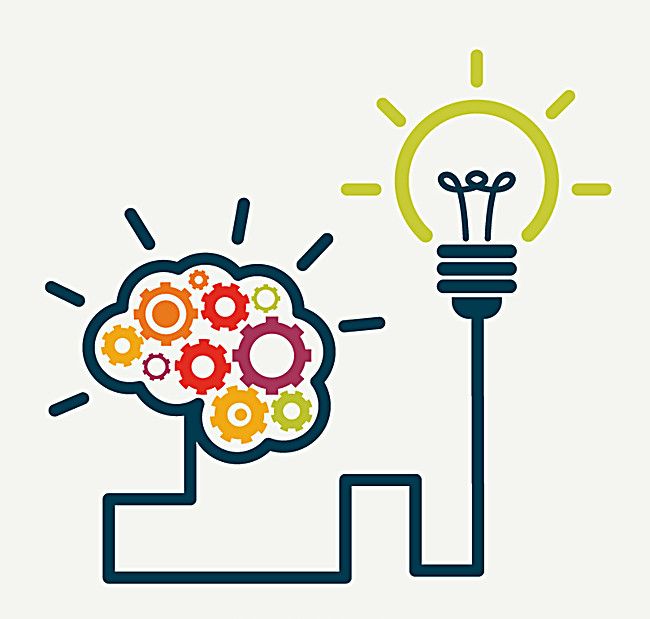

What Is Logic and How Does It Work?
Logic is the disciplined exploration of reasoning—the structured investigation of how conclusions follow from premises in a valid and coherent way. In essence, logic studies the skeleton of arguments, focusing on the form that makes an inference valid rather than the specific content involved. A valid inference is one in which the conclusion is supported purely by the logical connection with the starting assumptions.
In our everyday language, logical relationships often show up subtly, marked by connectors like therefore, thus, hence, or so. These words signal a flow of reasoning, where one idea is intended to follow naturally from another. But beneath this casual usage lies a much deeper and systematic field of study.
The Expansive Landscape of Logic
There’s no single universally accepted definition of what logic strictly encompasses, and its boundaries often vary depending on who’s defining it. Still, most classical interpretations include several essential elements:
-
The classification and types of arguments
-
A detailed account of “logical form,” which underpins all valid reasoning
-
The examination of inference, proof structures, and paradoxes
-
The analysis of fallacies and missteps in reasoning
-
The study of how language and meaning operate in logic (syntax and semantics)
Historically, logic was rooted deeply in philosophy, tracing back to ancient thinkers like Aristotle. By the 19th century, mathematics began incorporating logic more formally. In recent decades, the field has expanded to include domains like computer science, linguistics, cognitive psychology, and even artificial intelligence.
One of the core ideas in all branches of logic is the notion of logical form—the abstract pattern that makes an argument valid. It’s not what you say but how you structure it that matters in logic. This is why different contents can follow the same pattern and still be considered equally valid, as long as the structure adheres to logical rules.
Traditional systems like Aristotelian syllogisms and modern approaches like symbolic logic are examples of formal systems that revolve around these patterns.
Informal Logic and Reasoning in Natural Language
Informal logic focuses on the way we argue and reason in natural, everyday language—outside of strict formal rules. While it might lack the rigid structure of symbolic systems, it's deeply concerned with practical reasoning, especially in conversations, debates, and writing.
A major area within informal logic is the study of fallacies—the often deceptive flaws in arguments that can mislead even when they sound persuasive.
Interestingly, some scholars argue that since informal logic isn’t necessarily deductive, it shouldn't be classified as “true logic” under stricter definitions. Nevertheless, its role in critical thinking and education is undeniable.

Formal Logic: Abstract Reasoning Without Content
Formal logic dives into the mechanics of reasoning based entirely on form. A formally valid inference is one where truth is preserved from premises to conclusion, no matter what the content is. This form of reasoning can be fully abstracted and expressed using purely symbolic rules.
The earliest known records of formal logic are found in the works of Aristotle, who laid out foundational rules of deductive reasoning that shaped intellectual traditions for centuries.
Modern formal logic, however, extends far beyond Aristotle, developing sophisticated systems that rely on symbolic representation and abstraction.
In many definitions of logic, formal inference and logical inference are treated as synonymous. That said, formal logic doesn’t completely replace informal logic—it simply captures a more abstract layer. No formal system, however advanced, fully accounts for the messy richness of natural language.
Symbolic Logic: Encoding Logic in Symbols
Symbolic logic represents logical structures through symbols, turning reasoning into a kind of formal language. This allows arguments to be stripped of ambiguity and analyzed with precision.
Symbolic logic typically branches into two main areas:
-
Propositional logic: Studies statements that are either true or false and how they combine with logical connectives (like and, or, if...then).
-
Predicate logic: Adds complexity by analyzing internal structure within propositions, introducing variables and quantifiers like for all or there exists.
The symbolic approach helps make logic programmable and lends itself to mathematical proofs, automated reasoning, and even computational thinking.
Mathematical Logic: Extending Symbolism into Theoretical Realms
Mathematical logic takes symbolic logic even further, applying it to highly abstract fields. It encompasses advanced areas such as:
-
Model theory (studying how structures relate to formal languages)
-
Proof theory (analyzing the nature of proofs themselves)
-
Set theory (foundations of mathematics)
-
Recursion theory (study of computability and definability)
Despite its rigor, logic as a field still resists a single, satisfying definition. Even in 2007, logic researchers like Mossakowski et al. expressed concern that the academic world lacked a universally agreed-upon definition of what constitutes “a logic.” This ambiguity continues to inspire the development of universal logic, which attempts to identify structures common to all logical systems.

Exploring Logical Systems: Foundations and Properties
At the heart of formal reasoning lie logical systems—organized frameworks for expressing and evaluating deduction. A logical system generally includes:
-
An alphabet: A set of symbols used to build expressions
-
A language: Rules that define which combinations of symbols form valid sentences or formulas
-
Derivation rules: Procedures for forming new valid sentences (theorems) from existing ones
Within any given system, we can evaluate how well it functions using several core properties:
Consistency
A logical system is consistent when it never leads to contradictory theorems. That is, it doesn’t prove both a statement and its negation.
Validity
A system is valid when its rules ensure that no false conclusions are derived from true premises. It's a safeguard that the logical flow respects truth.
Completeness
A complete system is one where every logically true statement can, in principle, be proven within that system. In other words, nothing true is left outside its reach.
Soundness
Soundness means that everything provable is also true. This complements completeness and adds reassurance: if your system says something is valid, you can trust it.
(Note: Philosophers also use the term "sound" in a different context—to describe arguments that are both valid and based on true premises.)
Expressivity
This refers to how much a system can represent. Some systems can express only basic logical relationships, while others are capable of formulating complex mathematical or philosophical concepts.
It’s important to recognize that no logical system possesses all of these attributes simultaneously. For example, Gödel’s incompleteness theorems famously demonstrated that any formal system powerful enough to include arithmetic cannot be both complete and consistent.
However, simpler systems, such as first-order predicate logic—when not extended with specific axioms related to arithmetic—can achieve both completeness and consistency.
Logic, at its core, is both a tool and a lens: it helps us shape arguments with precision and reveals the underlying structures that govern valid reasoning across disciplines, from philosophy to computation.



